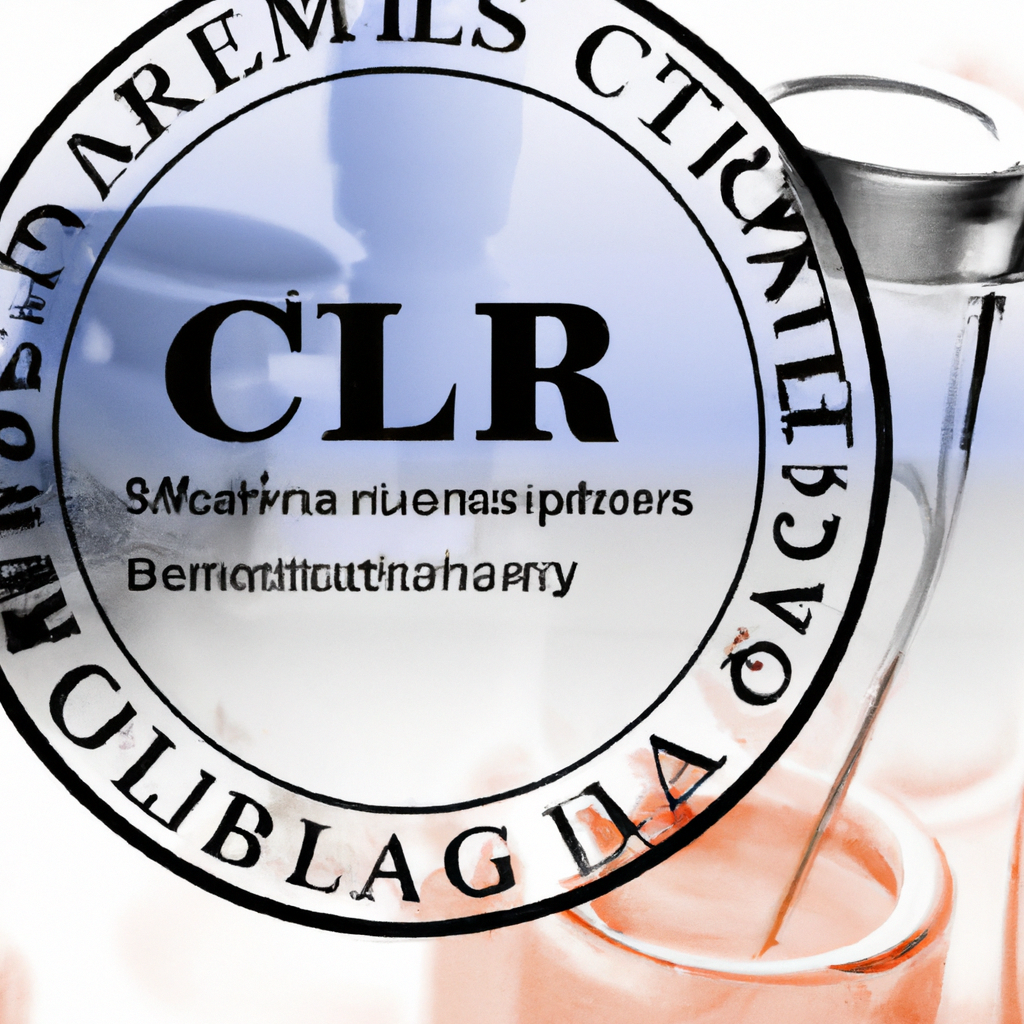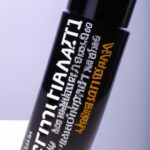Exploring the Validity and Necessity of Clinical Trials for Cosmetics Products
Putting together cosmetics products often involves a ingredients list and plenty of research. But before they make their way to the shelves of stores, there are precautions manufacturers must take—in the form of clinical trials. Here we explore the validity and importance behind clinical trials for cosmetics, delve into the idea of animal testing, and look into what the results of these trials mean.
What Exactly Are Clinical Trials?
In brief, clinical trials are tests that look into the safety and effectiveness of a product in a laboratory or clinical setting. In terms of the cosmetics industry, these trials are used to test the safety and performance of a product before it hits the market. Beyond that, clinical trials also allow companies to compare their product to competitive products on the market.
This is an important part of the industry as it allows manufacturers to determine if the product actually performs to their advertised use, if the product is safe for public use, and whether or not the label is accurate.
Are Clinical Trials for Cosmetics Regulated?
Yes. Clinical trials for cosmetics and other healthcare products are heavily regulated in a variety of ways, though depending on the country the rules may vary slightly.
When it comes to the USA, the Food and Drug Administration (FDA) requires clinical trials when testing products marketed as having health benefits or that treat a medical condition. However, products that are intended to solely revamp the appearance, like beauty products, are usually exempt from these regulations.
The Use of Animals in Clinical Trials
One of the top controversies when it comes to clinical trials for cosmetics surrounds the use of animals for testing these products. Some companies have seen criticism for animal testing, and have since agreed to discontinue these practices, while others are still involved in animal testing.
In Europe, animal testing of cosmetic products has been banned since 2004. Additionally, the E.U. has also banned the sale of any animal tested cosmetics. Animal testing has even been banned in Israel and India, with the latter being the latest to join the list.
What Do Clinical Trials Reveal?
Clinical trials for cosmetics products can reveal a lot. These trials can provide insight into:
-
- The safety of the product or ingredient used
-
- The level of effectiveness of the product
-
- Whether labels used to describe these products adhere to the truth
-
- The toxicity of the product
-
- The amount of product needed for desired effect
-
- How long the product works
What About Clinical Tests With Human Subjects?
In addition to animal testing, clinical trials for cosmetics may also include human subjects. These trials can help to further gauge the safety, effectiveness, and accuracy of the products.
Human clinical trials for cosmetics are still highly regulated. For one, the doctors conducting the trials are usually required to report all possible side-effects that the subjects experience. Additionally, subjects must be informed of the potential risks associated with testing, must sign a consent form, and must meet certain criteria depending on the type of product being tested.
The Value of Clinical Trials for Cosmetics
Clinical trials for cosmetics can help to bring safer and more effective products to the global cosmetics market. These trials can provide information about the product that would otherwise be impossible to know, and can ensure that unethical animal testing doesn’t take place.
For companies and consumers alike, clinical trials for cosmetics offer a valuable insight into the product before it is officially released for sale. The results of these trials can help to build confidence and ensure that labels are accurate. So the next time you are browsing the shelves of your local store, you can rest assured that the products have already been through rigorous testing.
Frequently Asked Questions
What Are Clinical Trials in Relation To Cosmetics?
Clinical trials are used to test the safety, effectiveness, and accuracy of cosmetics before they make their way to store shelves. Companies often do this to comply with regulations and to ensure that their products can be trusted by the public.
Are Clinical Trials Regulated?
Yes. In the US, the FDA regulates the clinical trials for cosmetics and healthcare products that claim to have health benefits or treat a medical condition. Similarly, animal testing for cosmetics is also regulated.
What Can Clinical Trials Reveal?
Clinical trials for cosmetics can reveal the safety and effectiveness of the product, the toxicity, the amount of product needed for desired effect, and how long the product works. For human trials, the side effects experienced can also be discovered.
What Is the Value of Clinical Trials for Cosmetics?
Clinical trials for cosmetics provide valuable insight into the products, and can ensure that unethical animal testing does not take place. The results of these trials can also help to build confidence and ensure that labels are accurate.
Advancing the Understanding and Importance of Clinical Trials for Cosmetics
Clinical trials play a pivotal role in the cosmetics industry, providing crucial insights into the safety, effectiveness, and accuracy of cosmetic products. These trials, conducted in laboratory or clinical settings, offer numerous benefits for both manufacturers and consumers. In this section, we will delve deeper into the significance of clinical trials, explore their regulations, shed light on the use of animals, and highlight their value in bringing high-quality products to the market.
Understanding Clinical Trials
Clinical trials are meticulous tests designed to evaluate the safety and performance of cosmetic products before they are made available to the public. These trials allow manufacturers to ensure that their products meet the advertised claims, are safe for consumer use, and maintain accurate labels. Moreover, clinical trials enable companies to compare their products with similar offerings in the market, fostering healthy competition and driving innovation.
The Regulatory Framework for Clinical Trials
Clinical trials for cosmetics and other healthcare products are subject to stringent regulations to safeguard public health. In the United States, the Food and Drug Administration (FDA) mandates clinical trials for products marketed as having health benefits or those intended to treat medical conditions. However, beauty products primarily aimed at enhancing appearance are typically exempt from these specific regulations.
Regulations governing clinical trials may vary slightly across different countries. It is essential for manufacturers to adhere to the specific guidelines and requirements established by the regulatory bodies in their respective regions.
The Controversy Surrounding Animal Testing
The use of animals in cosmetic testing has been a subject of controversy and ethical debate. While some companies have chosen to discontinue animal testing due to public concerns, others continue to employ such practices. However, it is crucial to note that significant strides have been made to reduce and eliminate animal testing in the cosmetics industry.
The European Union (EU) took a progressive step in 2004 by banning animal testing of cosmetic products. Furthermore, the EU has prohibited the sale of cosmetics tested on animals. Joining this initiative, Israel and India have also implemented similar bans, reflecting the global commitment to ethical practices in cosmetics testing.
Insights Revealed by Clinical Trials
Clinical trials provide invaluable insights into cosmetic products, uncovering various aspects that contribute to their overall quality and efficacy. Some key areas that these trials shed light on include:
- The safety and efficacy of the product or its ingredients
- The accuracy and truthfulness of product labels
- The toxicity levels associated with product usage
- The optimal amount of product required to achieve desired effects
- The duration of product effectiveness
These trials enable manufacturers to fine-tune their formulations, address potential safety concerns, and ensure that their products deliver the promised results to consumers.
Exploring Clinical Tests with Human Subjects
In addition to animal testing, clinical trials for cosmetics may involve human subjects. These trials provide further insights into product safety, effectiveness, and accuracy. Doctors conducting these trials are typically required to report any possible side effects experienced by the subjects. Furthermore, subjects are informed about the potential risks associated with participation, required to sign consent forms, and must meet specific criteria based on the product being tested.
The Value of Clinical Trials for Cosmetics
Clinical trials hold immense value for both cosmetics companies and consumers. These trials ensure the development of safer and more effective products, instilling confidence in consumers and fostering trust in the cosmetics market. By subjecting products to rigorous testing, clinical trials minimize the risk of adverse effects and help prevent unethical practices, such as animal testing.
For consumers, the results of clinical trials serve






